Biography Of Saint Oscar Romero
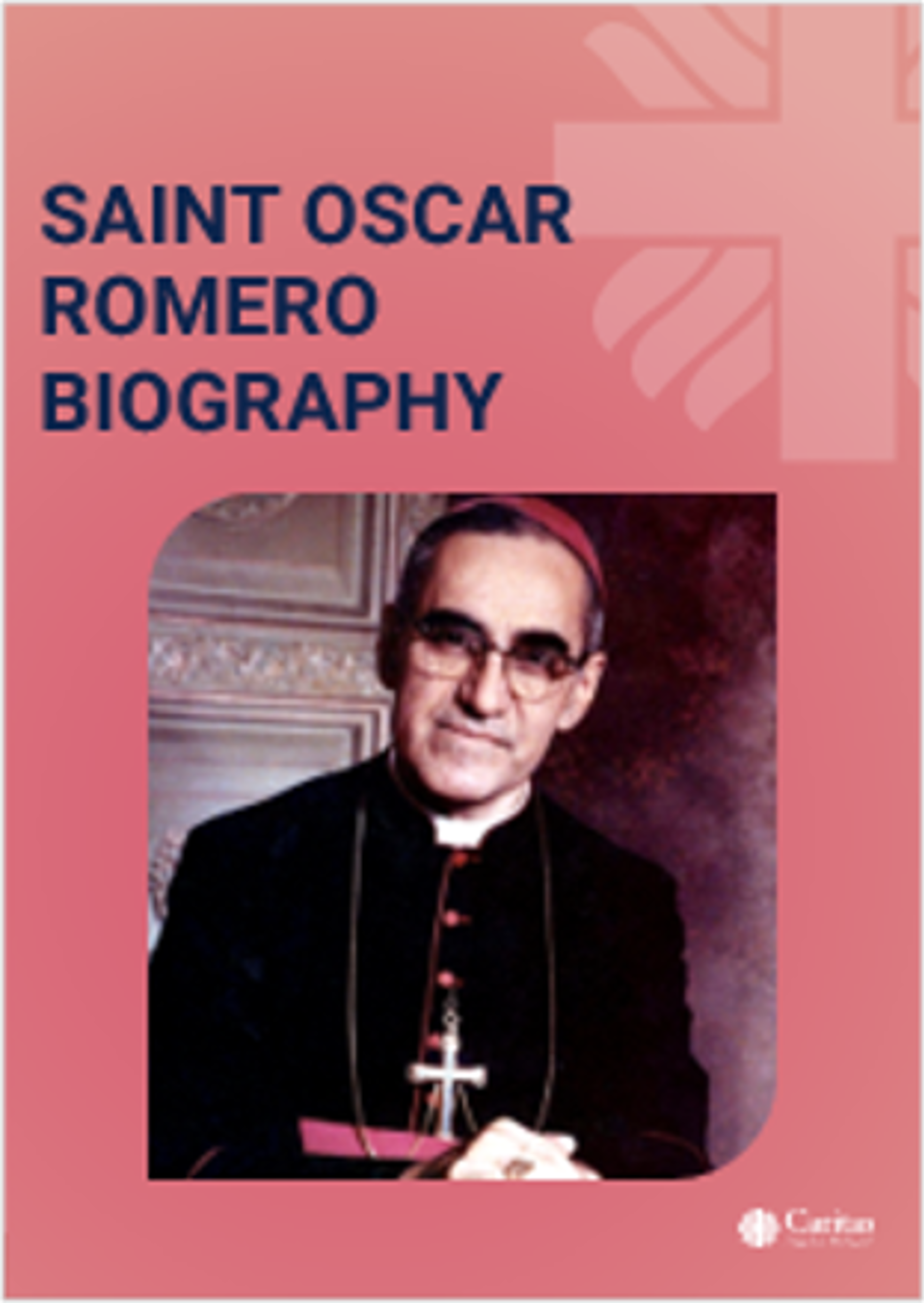
Early Life
Growing Awareness
Voice of the Voiceless
Martyrdom
Sainthood
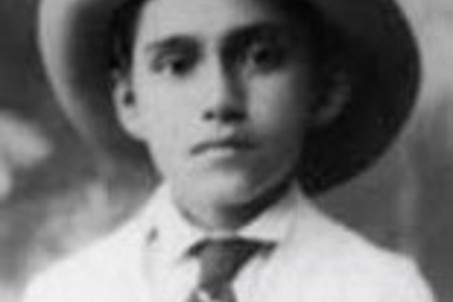
1917
Oscar Ranulfo Romero is born into a family of ten on 15 August 1917 in Ciudad Barrios, El Salvador. His father is a postman and sometimes the young Romero helps his father post letters. Oscar learns to be a carpenter, making tables, chairs and doors.
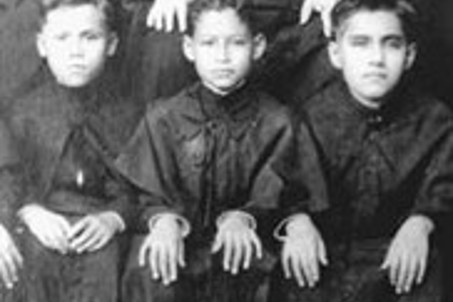
1930
He goes to junior seminary when he is 14 years old. When his mother is ill and they need money for medicine, Oscar leaves the seminary for three months and works in the gold mine in Potosi. He earns about 8c a day.
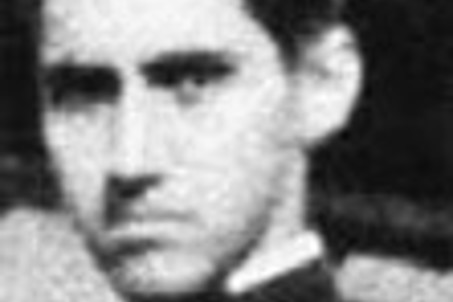
1937
Oscar goes to Rome to study theology and stays there during World War II.His father and brother die while he is in Rome.
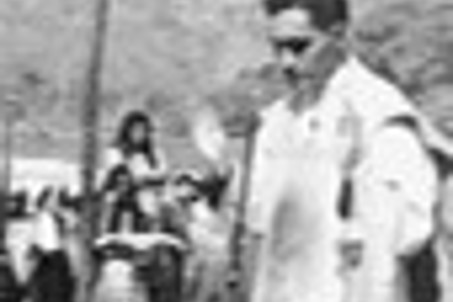
1942
He is ordained a priest on 4 April 1942. He returns home in 1944 and celebrates his first Mass in Ciudad Barrios with his remaining family
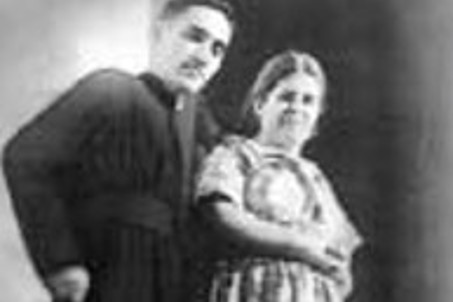
1944
For 20 years he is Director of the San Miguel Diocese. His mother lives there with him. She dies in 1961. He becomes famous for his sermons. He also does a lot of parish work like visiting prisons, organising catechism classes and working with the Catholic agency, Caritas, to provide food to the poor.
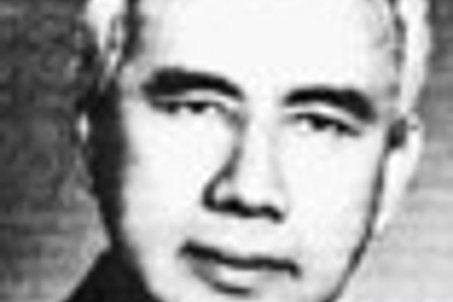
1967
He is made a Monsignor and moves to San Salvador. There he meets Fr. Rutilio Grande who becomes a good friend.
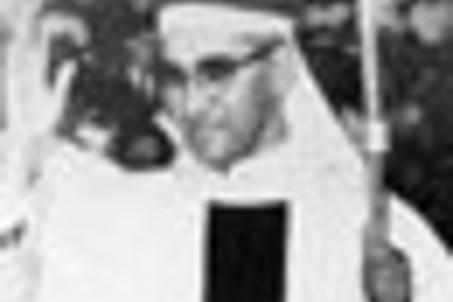
1970
He is made a Bishop on 21 June and invites El Salvador’s president to the ceremony. People are angry that he seems to be supporting a government that is oppressing the people.
1974
A month after he becomes Bishop of Santiago de Maria, the army kill three people in the village of Tres Calles. He comforts the families and writes to President Molina to protest about the murders.
1975
In 1975 he writes a memo criticising some priests for being too political. He also says that the way to solve El Salvador’s problems is to work with the government.
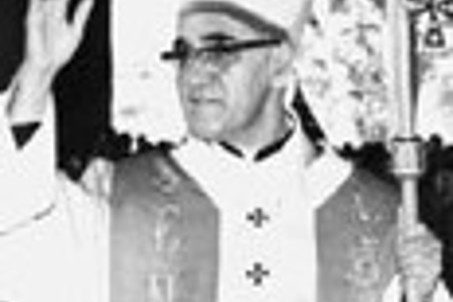
1977
In February 1977 he becomes Archbishop of San Salvador. Some people in the Church and some rich people are happy because they think he will stop the priests from helping the poor. On 12 March 1977, Fr. Rutilio Grande and two people he is traveling with are shot and killed. Romero cancels all Masses the following Sunday except for one in front of the cathedral for 100,000 people. He refuses to attend any official government events until the murder is solved.

1980
Despite receiving death threats, Mons. Romero denounces the government and the army for their repressive policies: “In the name of God, and in the name of these suffering people whose cries rise to heaven more loudly each day, I beg you, I implore you, I order you... in the name of God, stop the repression!” (23.03.80) On 24 March 1980 a shot kills Romero as he says Mass. Thousands come to his funeral. The army fires into the crowd. Thirty people die and hundreds are injured. An investigation in 1992 finds that ex-mayor, General Roberto D’Aubuisson, ordered Romero’s death.
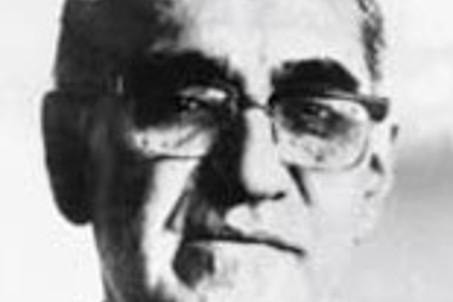
2009
Romero lives on in his people. On 15 March 2009 Mauricio Funes is elected president of El Salvador. He announces that his government will be inspired by Romero and the “option for the poor” (considering the poorest and most vulnerable first).
2015
On February 3rd 2015, Pope Francis declared Oscar Romero a Martyr, and on May 25th he was beatified as the first step towards sainthood.
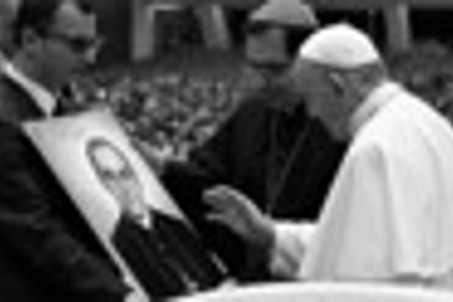
2018
The Vatican's Congregation for the Causes of Saints declared that a miracle had occurred with the intercession of Oscar Romero. Later in the year, he was Canonised as a Saint by Pope Francis on October 14th.












